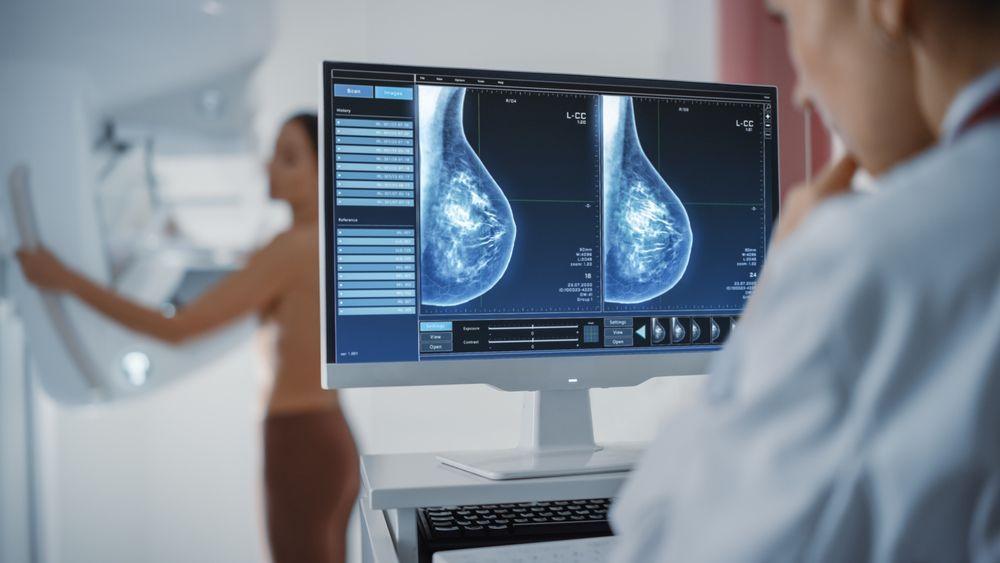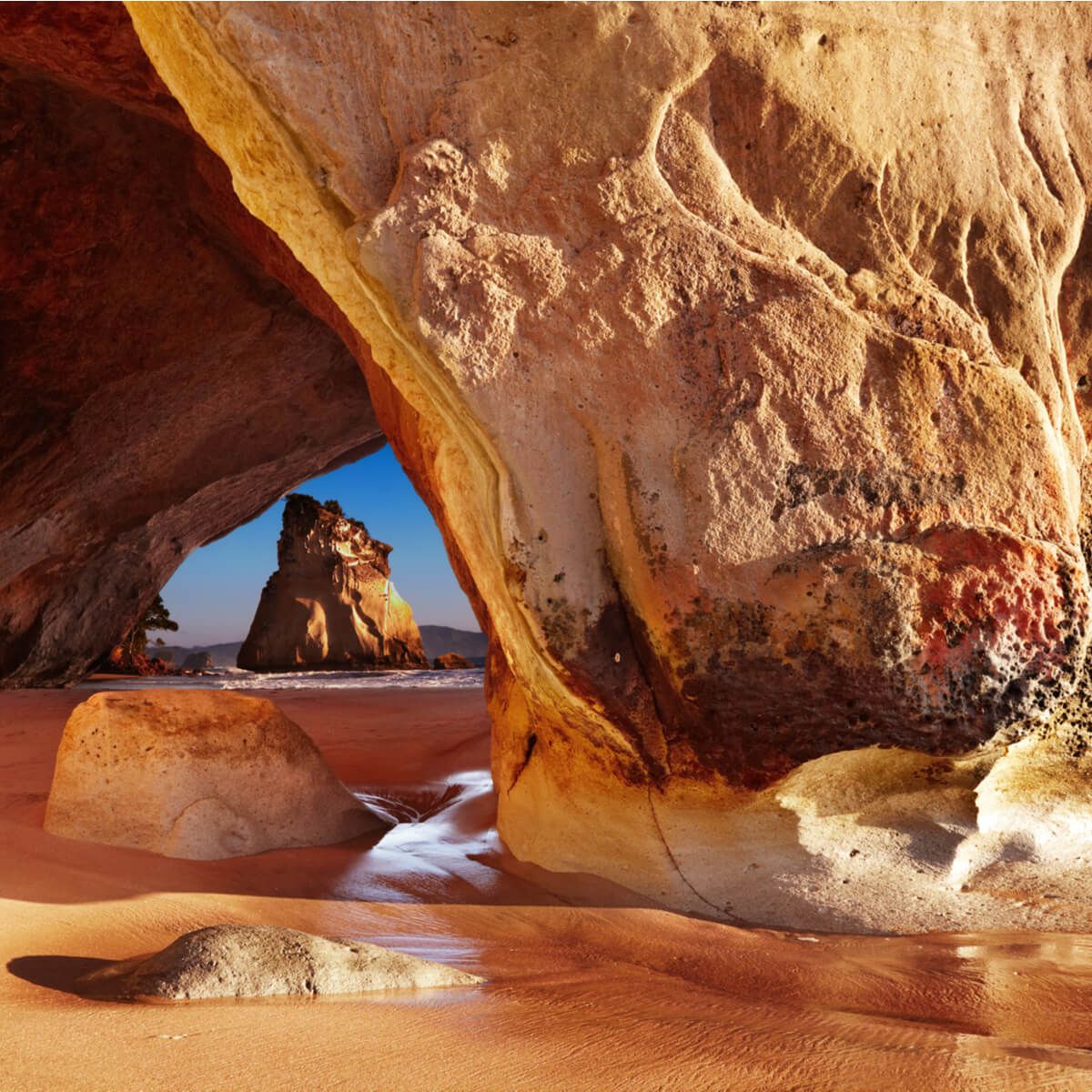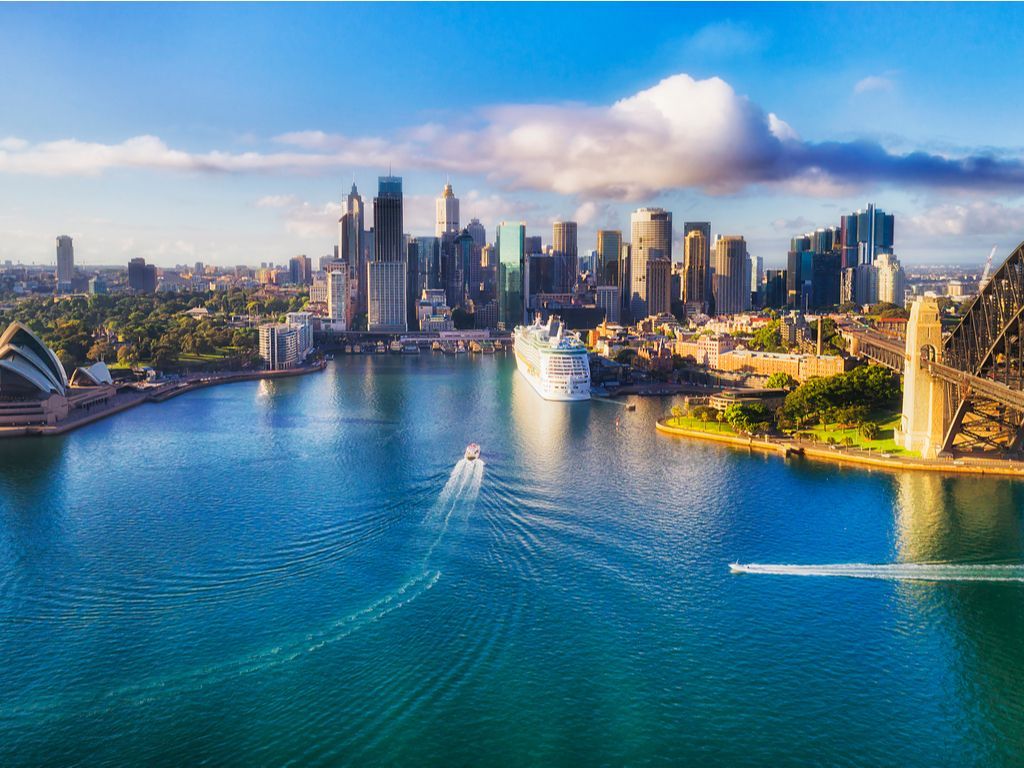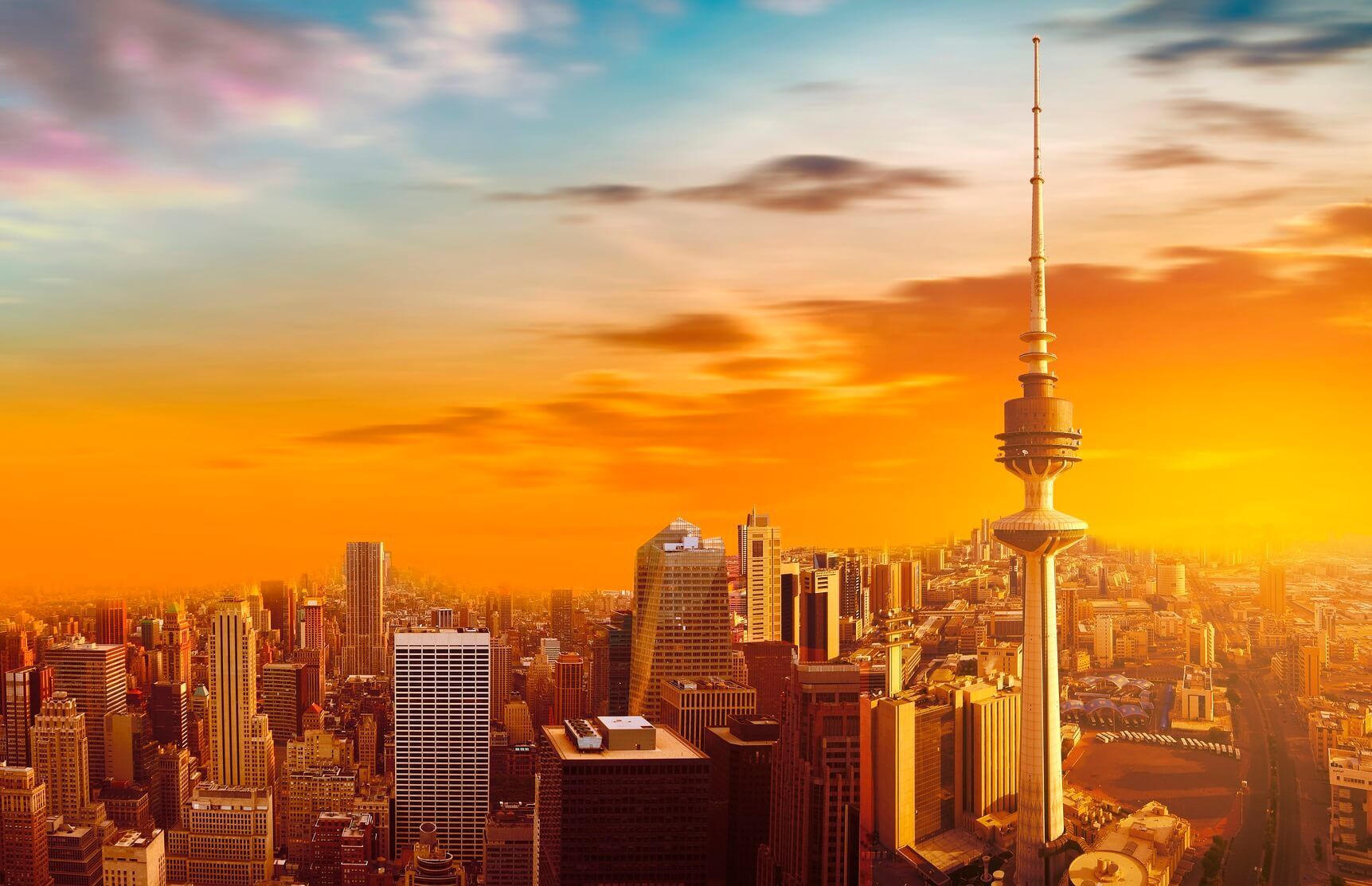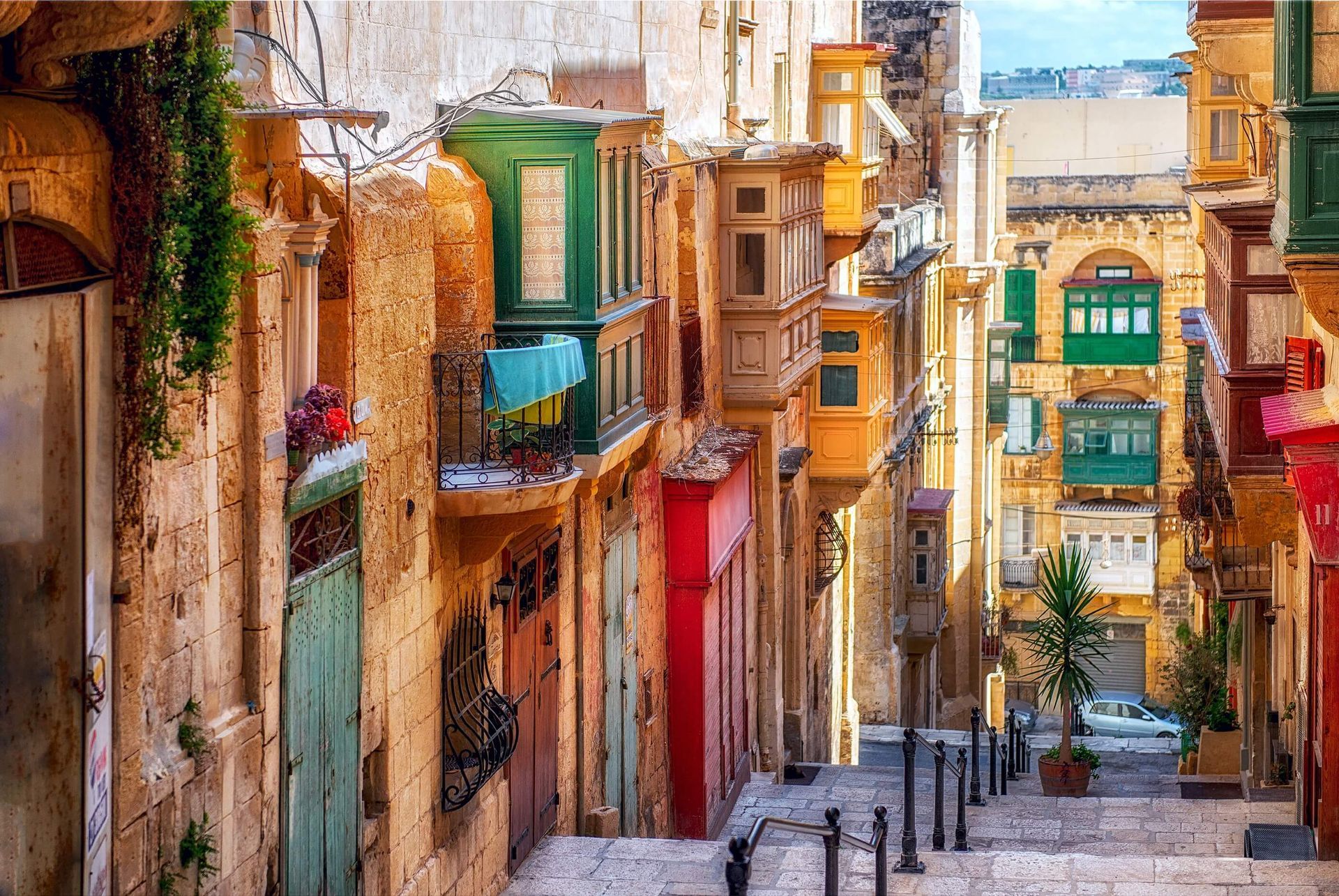Enough of the NHS: Recruiter finds Consultant Urologist a Job in Premier Military Hospital in Jeddah, Saudi Arabia
Mr MKT had had quite enough of the NHS in the UK. Exhausted by working through the Covid19 disorder and its attendant stresses, he sought a new opportunity to work as a consultant urologist and refresh his career. He turned to Odyssey and our recruiters found the solution, a new career with the King Fahad Armed Forces Hospital in Jeddah, the JCI accredited hospital of the Ministry of Defence and Aviation of Saudi Arabia.
Background
Dr MKT qualified as a doctor in 1986, completing the MBBS degree in his home country of Pakistan. After graduation, he practised in a number of countries pursuing basic and advanced specialist training in general surgery and then urology, finally landing a consultant urologist position in the prestigious James Cook University Hospital Middleborough, UK.
However, the intricate and overwhelming situation of the medical sector during the Covid-19 pandemic prompted Dr Tarin to reconsider his position and seek alternative less stressful options. He turned to Odyssey for some inspiration.
Our recruiters discussed Dr MKT's goals and motivations in seeking a new position plus a relocation, which brings its own additional challenges. The Kingdom of Saudi Arabia and other states of the Arabian Gulf were the obvious choices. He had worked in Saudi Arabia before and knew the country well. It was close to home country Pakistan and within easy travelling distance of the UK.
A rare consultant urologist job was recently vacant in the King Fahad Armed Forces Hospital Jeddah, a 500 bed hospital owned and operated by the Ministry of Defence and Aviation of Saudi Arabia (MODA). The hospital held the prestigious accreditation of the Joint Commission International (JCI) for all departments and was well equipped and staffed. MODA runs some of Saudi Arabia's premier public sector hospitals. With a low staff turnover, senior positions in surgical specialties are infrequently available and much sought after.
After a swift recruitment process, the job was Dr MKT's. A one year renewable contract with tax free salary, benefits, flights and accommodation were generously offered and Dr MKT was off to Saudi Arabia.
Discussion
Q1: What do you feel are the main benefits to working as a medic in Saudi?
Mohammed K Tarin: For me, there are three main reasons. Number one is the workload which is not too bad here, especially compared to the UK. In the UK you have to meet a target, so you are always under pressure to meet these targets. Here there is no target, so you can take all the time needed for a patient and the atmosphere is a lot more relaxed. Monetary-wise it’s also beneficial and for me personally, my home country Pakistan is close, so I can keep in closer touch with my extended family.
The hospitals are generally very well-equipped, and although they are not leading in technology in an international comparison right now, the hospital I currently work at is in the process of acquiring modern, up-to-date equipment now. Additionally, we doctors receive free accommodation, there are free meals when you are on call, and there’s free transport. So it is quite a relaxed atmosphere and life.
Q2: How did you find the recruitment process Saudi Arabia?
Mohammed K Tarin: The recruitment process with Odyssey Recruitment was a good one, a relatively easy one. However, there is something I wish people were more aware of in more detail. I was registered as a consultant with the Saudi Health Commission for Health Specialities when I previously worked in Saudi Arabia. The recruiters and even the staff at King Fahad Armed Forces Hospital, where I work now, assured me again and again that it was just a matter of applying for renewal of my registration and that there would be no objection from the Council to renew my registration. But in fact, it was not like that.
To my disappointment, the Saudi Health Council wanted to re-evaluate me. So I had to go through all the standard registration procedures again to reclassify as a doctor. I had to get my documents, although most of my documents were verified via Dataflow, but few documents had to be done again. And then there was a long wait, a long process – they were asking for this document, that document and eventually, they said okay, we will now re-evaluate you by use of an OSCE exam [an examination where a medic practises and demonstrates clinical skills in different standardised medical scenarios]. I feel a little disappointed that even though I had all the necessary qualifications, I still had to go through that stressful process again.
I still don’t know the result, so I am still not registered with the Saudi Health Council and I still don’t know if I’ll be able to continue practising here because the hospital are saying that if I am not granted registration, they will not renew my contract. It has now been six months of waiting. And it’s not just me, there’s a few other doctors in the hospital who don’t know their fate and the performance is going to be impacted when working under these stressful and uncertain conditions. Please don’t relocate to Saudi Arabia as a doctor until registration with the Health Council is definitely confirmed.
Q: How are you finding life in Saudi? Would you recommend it?
Mohammed K Tarin: I had a pretty good knowledge of the Saudi society and culture before moving, so there weren’t any surprises when I arrived. Everyday life is fine for me and my wife because we are Muslims and can therefore adapt and integrate into Saudi society very well. We are comfortable here. It does not exactly feel like home, because it is still overseas for us. So not exactly home, but because of the Muslim culture and the society in general we feel a little more happy here.
I will say though, it depends on the individual person as well. I am not sure about people who are non-Muslims, whether they would enjoy living in this society. The Muslims generally feel quite comfortable and relaxed in Saudi, but I am not sure about the non-Muslims. But I see a lot of Filipinos among the paramedics and the nursing staff; they are not Muslims, but they are happy here. It is probably because they too receive the free accommodation, the free meals while being on call and the free transport, so medics generally benefit from this relaxed living situation.
Q: How do you see the medical sector in Saudi developing, especially from an expat point of view?
Mohammed K Tarin: There is a drive for Saudization; Saudi medics are actually preferred employees. But still, expats are always needed. When I first came to Saudi Arabia in 2000 and then again in 2013, I definitely felt that Saudization. But as a matter of fact, expats are needed in Saudi. As long as you know your work, and as long as you are confident, you will be recruited to practise in Saudi Arabia and you will fit very well into the working environment and lifestyle here.
Summary
- The policy of Saudization has a major impact on the number of jobs available for international surgeons and physicians as employers must now give hiring preference to local doctors. However doctors with highly specialised skills and outstanding experience will still find opportunities and some demand for their services.
- The JCI accredited hospitals have passed assessments which are at the level of USA standards and they provide comparable equipment, policies and procedures to the healthcare systems of Western countries. This facilitates the adaptation process for doctors moving to practise in Saudi Arabia.
- A strong capacity for cultural and situational adaptability is required to practise medicine in Saudi Arabia. The process of adaptation may be more difficult for non Muslims and non Arabs.
If you are interested in working in Saudi Arabia or any of the other gulf states please register a CV and contact us to discuss your job search. Advertised jobs can be viewed on our website and applications submitted by uploading a recent CV.
Share this post on Social Media
Leave a Comment
SEARCH JOBS
Ready for a change? Whether you’re looking for higher compensation, greater autonomy, a better work-life balance, or just a change in scenery, we have job opportunities in wonderful locations across the world. Start your medical or dental job search today and embark on your next career move.
SIGN UP FOR JOB ALERTS
We believe everyone deserves to find their dream job. Be the first to hear about new practice opportunities in exciting locations across the world Simply sign up for job alerts in your chosen field, and we will email you when a new job in your specialty becomes available.
More Insights





